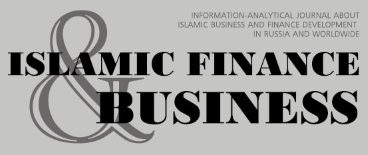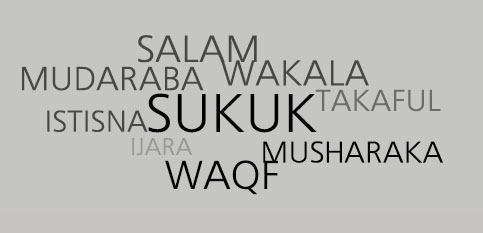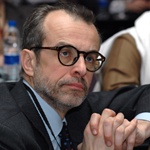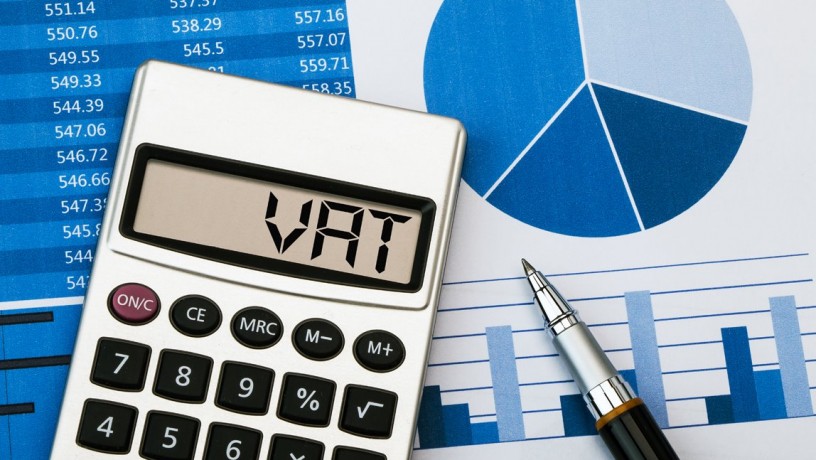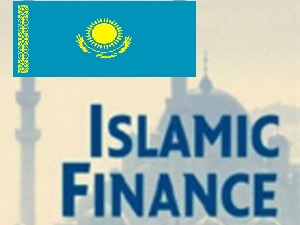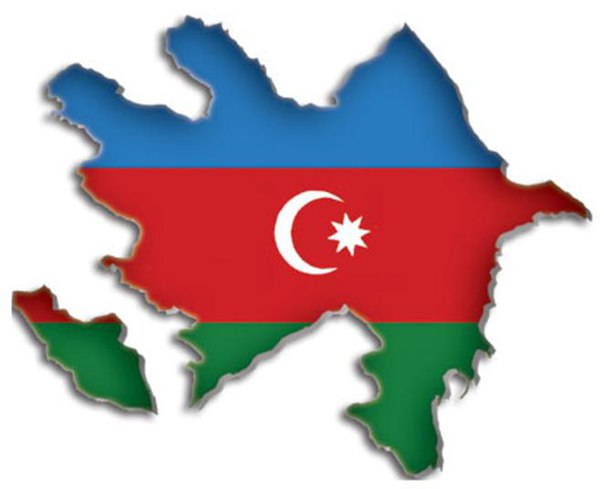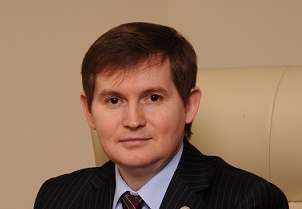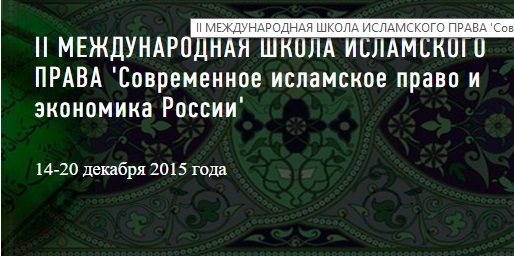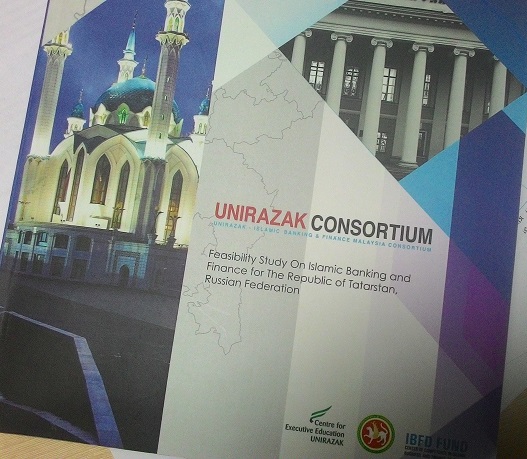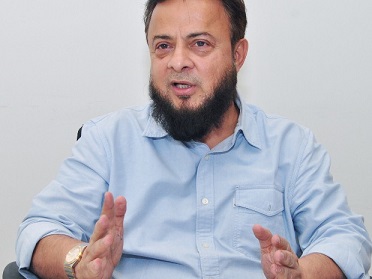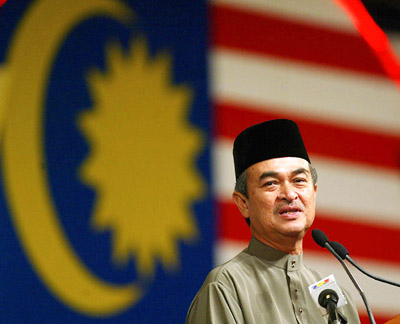Alberto G Brugnoni, CEO of ASSAIF (www.assaif.org) shares his opinion on prospects for the development of Islamic finance in Russia with the editorship of www.islamic-finance.ru
1) Does the Russian market really need Islamic finance? Yes, it does. According to the Ministry of Foreign Affairs there are approximately 20 million Muslims in the Russian Federation though other sources estimate that Russia could have as much as 26 million Muslims, including Azeri and Central Asian migrants. It is also well known that in many republics of Russia, as for instance Tatarstan, more than half of the population follows the Muslim faith. The Russian empire had a centuries-old history with Islam and Islamic finance is nowadays an important tool for the renewal of this glorious past and the establishment of new links between contemporary Russia and the Muslim world. In 2005 the country has been granted observer status in the Organization of Islamic Conference (OIC) and the strengthening of the economic ties with Muslim countries is an important incentive for the Islamic finance industry itself.
The potential size of the market has received various estimates, from a modest 10 percent of the practicing Muslims to the whole ethnic Muslim population, or even more. In my eyes, there is no doubt that the near future will witness rapid development of the Islamic finance industry. The return of the Muslims to their beliefs and the growing desire to live and work in compliance with Islam will necessarily give momentum to the traditional financial instruments used in Islamic finance. The country’s share in the total foreign trade turnover of OIC member states already accounts for 2.4%
Although the Russian Central Bank has not taken any concrete steps to facilitate the development of Islamic finance in the Russian Federation, working parties have been established in key stakeholder institutions to examine the feasibility of such development programmes. For instance, the Finance Academy is preparing a bill draft, participates in pilot projects in territories where Muslims live and promotes the creation of international Islamic financial organizations. Russian corporate law, for its part, provides for the development of equity finance institutes and facilitates the effective use of Special Purpose Vehicles, two features necessary in many Islamic finance transactions. Islamic capital market instruments, like the Sukuk, have a promising future in the Russian economy provided a suitable legal and regulatory environment is put in place to help accommodate and promote the Islamic financial industry in Russia
There are also signs of major players moving in this direction. VTB Capital, for example, opened an office in Dubai and also plans to launch other Islamic projects including the investment in Russian properties together with Gulf investors. Other companies like Linova and Safinat are engaged in Islamic finance projects
2) What do you think is the role of Islamic finance in economical stabilization concerning Russia? Islamic finance is by its own essence intertwined with the real sector of the economy and as such it represents a viable complement and perhaps an alternative to the highly leveraged paper structures used in the conventional finance that has caused the recent financial crises all around the world. The Russian economy is pretty much based on raw materials and a dynamic Islamic financial sector, will undoubtedly promote investments from abroad and facilitate economic growth
3) In Russia there are many forums and conferences dedicated to Islamic finance. There is an academic interest in this field. Does it practical to use such events to promote Islamic finance? Is there any reason? Forums and conferences are an essential element to highlight the main requirements for the development of Islamic finance in Russia and to address the lack of a banking legislation that meets Islamic rules. These should include: improving the understanding of Islamic finance on the part of the authorities responsible for taxation and financial regulations, formulating a special law to attract Islamic investors to the country and speeding up the process of document registration
A good example of the importance of fora is the recent meeting in Moscow between the Accounting and Auditing Organization for Islamic Financial Institutions (AAOIFI), the Grand Mufti of the Shura Council of Russian Muftis and the Russian Association of Experts in Islamic Finance. The purpose of the meeting was to enhance the prospects of the development of Islamic financial institutions and products in Russia and the application of AAOIFI standards to regulate them. Earlier this year, two Shariah standards on Sukuk and murabahah - two widely used Islamic finance transactions - were translated and published in Russian. Other standards on Takaful, ijara and mudaraba are to be published in the near future.
Russian Islamic finance professional communities are also being formed. One of them is the working group on alternative financial institutions and products that grew into the Russian Association on Islamic Finance Experts in 2010. A number of business and trade unions have also been formed in Tatarstan. Last but not least, conferences help to present to Gulf Islamic bankers Russia as an attractive and promising market given the proper guarantees for investors are provided
 Contacts |
Contacts |
 Русский
Русский

